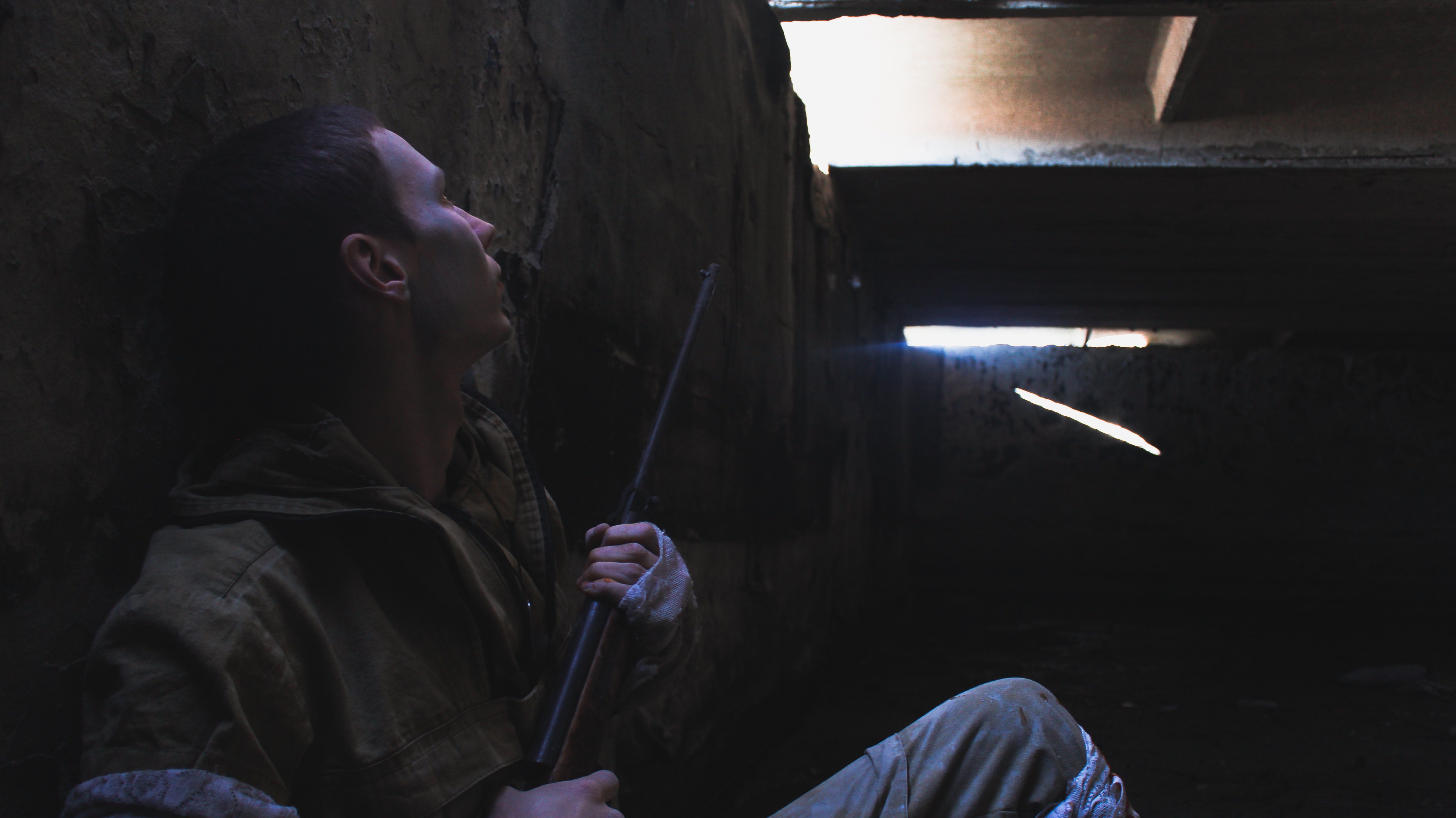The film "Hacksaw Ridge" directly addresses the issue of conscientious objection, telling the true story of Desmond T. Doss, an American army medic who, during World War II, refused to bear arms in the name of his religious beliefs.
Despite the persecution he suffered in the army, he worked as a medic on the battlefield and saved about 75 men single-handedly, becoming the first and only person to invoke conscience-based excuse to receive the Medal of Honor in the war.
The film received 6 nominations for the 2017 Oscars in the categories of Best Picture, Best Director, Best Actor, Best Sound Editing, winning for Best Sound Mixing and Best Editing.

1. CONCEPT
Conscientious objection is a right recognized in Brazil that allows a person to refuse to fulfill a certain obligation or perform a specific act due to their religious beliefs, philosophical convictions, or political opinions.
Section VII of Article 5 of the Brazilian Constitution determines that no person may be deprived of their rights because of their religious beliefs, philosophical convictions or political opinions, provided that they are not invoked to exempt themselves from a legal obligation and refuse to comply with an alternative service established by law.

Furthermore, Article 5, Section VI, guarantees freedom of conscience and belief, as well as the free exercise of religious worship and legal protection for places of worship and their liturgies. This excuse of conscience is commonly used to refuse to participate in mandatory military service, as provided for in Law 4,375 of 1964.
According to Dirley da Cunha (2012), the legitimacy of conscientious objection depends on compliance with the alternative provision established by law.
Otherwise, the excuse is not considered legitimate and the person may be held liable for the consequences of their actions, including the loss of political rights.
REFERENCE
CUNHA JUNIOR, Dirley da. Constitutional Law Course. 6th ed. rev. updated. and increase. Salvador: JusPodivm, 2012.




